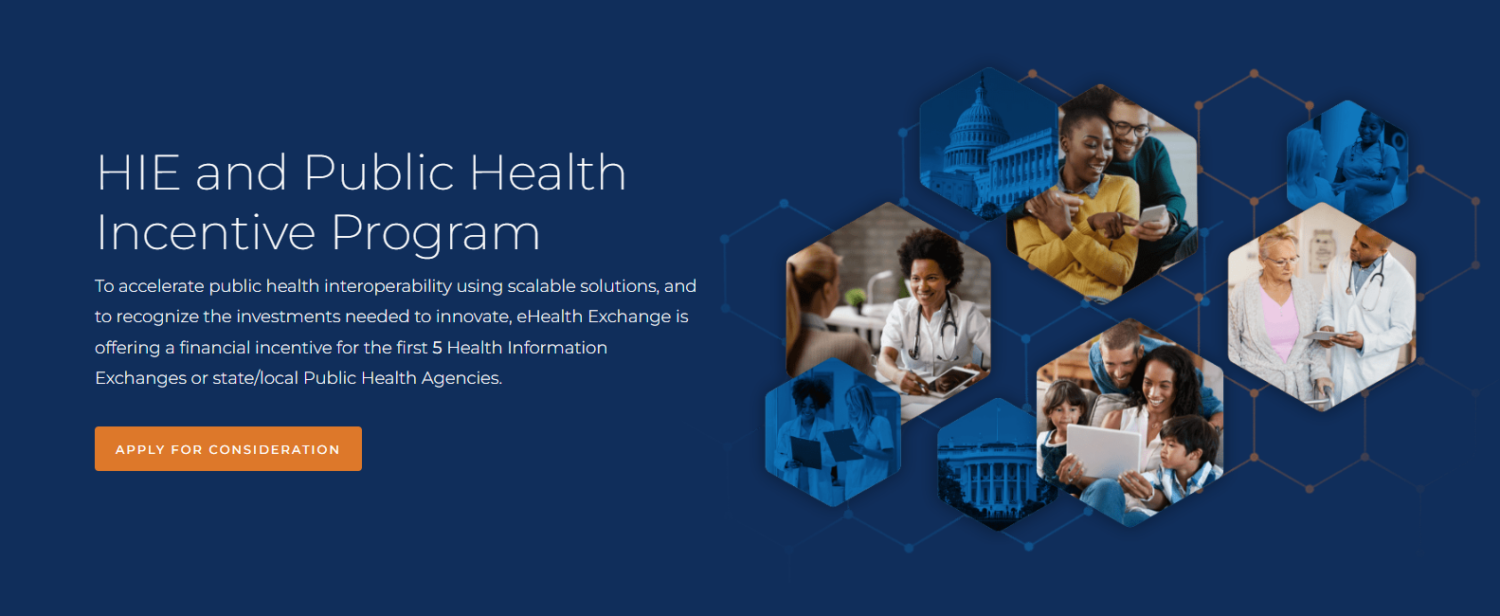
What You Should Know:
– eHealth Exchange, a health information exchange network, is offering an incentive program to encourage early adoption of public health data sharing.
– The initiative aims to increase the flow of critical information to public health agencies, ultimately leading to a healthier population across the United States.
HIE and Public Health Incentive Program Details
Free Annual Fees for Three Years: The first five health information exchanges (HIEs) or state and local public health agencies to sign up by April 30th will be exempt from annual fees for three years.
Criteria: To qualify, participants must commit to exchanging clinical data for a specific public health use case via eHealth Exchange or the Trusted Exchange Framework and Common Agreement (TEFCA). Testing needs to begin by June 30th, and live production must be achieved by December 30th.
Benefits
Enhanced Public Health Surveillance: Increased data sharing will enable public health agencies to better track and respond to disease outbreaks, improve immunization rates, and identify emerging health trends.
Improved Patient Care: Timely public health data can inform preventative measures and targeted interventions, ultimately leading to better individual and community health outcomes.
Reduced Costs: Efficient data exchange can help public health agencies operate more efficiently and allocate resources more effectively.
“We have many network members engaged with public health today, but we need early adopters for the TEFCA public health use cases to support the realization of the full potential value of the nascent, federally endorsed framework,” said Jay Nakashima, executive director of eHealth Exchange. “Based on our current members’ extensive experience, we know electronic health data exchange can make a significant impact on electronic case reporting and public health tracking. By providing financial incentives to current and prospective members, we will help speed further adoption of vital public health data interoperability across the entire healthcare community. Tying public health into current nationwide health data exchange efforts will ensure a healthier patient population across the U.S.”
